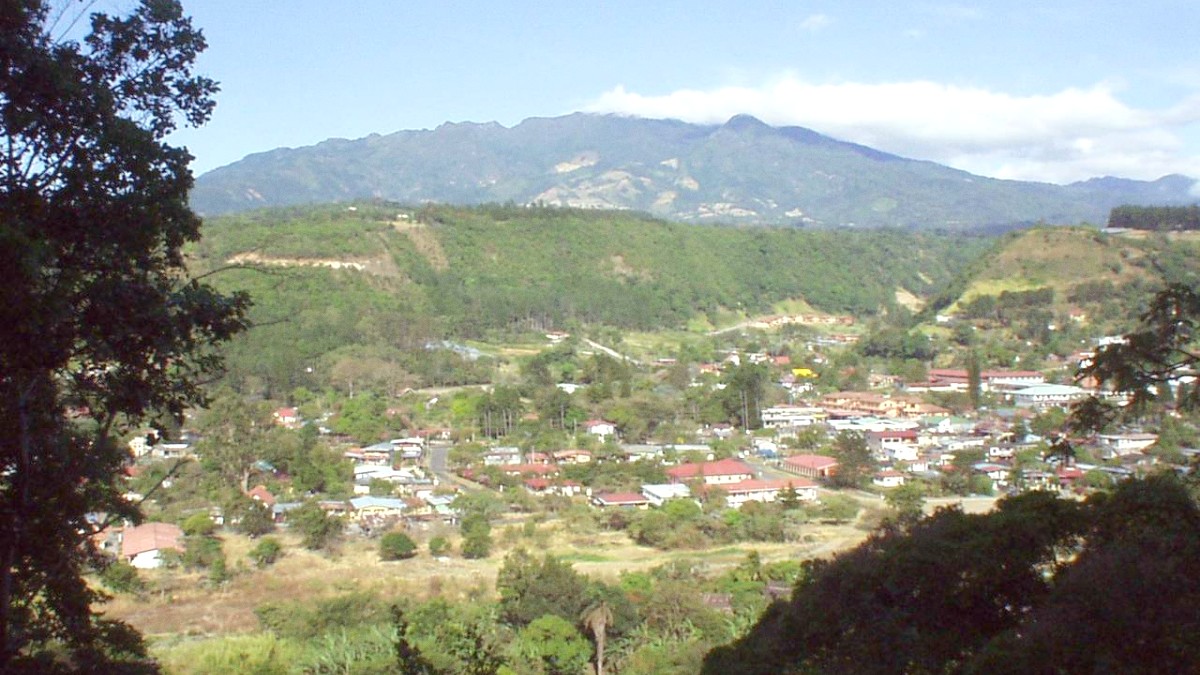
Chiriqui Province, Panama
Tigo, Más Movil (formerly Cable & Wireless/Movistar), and Digicel are the main mobile operators in Panama. They offer good coverage in Boquete and along major roads throughout Chiriquí Province.
Good 3G/4G coverage exists in Boquete and along major roads. Coverage can become spotty in remote hiking areas or deep within national parks. Download offline maps and content for outdoor excursions.
Spanish is the official language of Panama. Many individuals in the tourism industry in Boquete speak English, notably due to the large expatriate community. Outside of tourist businesses, English usage is limited.
Familiarity with basic phrases can improve your interactions with locals.
Verify specific business hours for any establishments you plan to visit, specifically around Panamanian national holidays in November, or during the rainy season.
Familiarity with local customs provides respectful and positive interactions. Note that accessibility in Boquete has certain difficulties.
A simple "Hola" or "Buenos días/tardes/noches" is common and appreciated. "Mucho gusto" is a polite formal greeting. A handshake is common among men. Women often greet with a kiss on the cheek to those they know.
Casual dress is generally acceptable everywhere in Boquete. For visiting churches or traditional settings, modest attire (shoulders and knees covered) shows respect. Hiking attire is suitable for trails and outdoor activities.
A simple "Puedo tomar una foto?" (Can I take a photo?) often brings a positive response. Be respectful of religious sites; flash photography may have restrictions, and taking photos during services is generally inappropriate. Landscapes and public areas are usually fine.
Generally, 10% is customary for good service in restaurants. Table manners are typically informal. Keeping hands visible on the table (not in your lap) is common. Avoid resting elbows on the table.
Avoid discussing Panamanian politics or controversial social issues unless invited by locals you know well. Be mindful of people's privacy. Do not photograph children without parental consent. Follow any guidelines from your guide.
Contact individual hotels, tour operators, and attractions directly to inquire about their specific accessibility features and to confirm if they can accommodate your needs. Specific resources or organizations dedicated to providing accessibility information for travel in Boquete are scarce.
Boquete's natural environment is its main attraction. Your travel approach impacts its preservation. Cultural sensitivity provides respectful and positive interactions with the local population.
Volcán Barú National Park & La Amistad International Park (PILA) are significant protected areas surrounding Boquete. They contain fragile cloud forest ecosystems with immense biodiversity.
While Boquete receives abundant rainfall, water resources are valuable. Be mindful of water usage in your accommodation. Take shorter showers, turn off taps, and report leaks. Every effort to conserve water aids the local community and ecosystem.
By purchasing locally made crafts or attending cultural performances, you contribute to these valuable traditions.
Focus your photography on landscapes, architecture, and public events. Avoid intrusive photography of private moments or local people without their explicit consent. People are not tourist attractions; treat them with dignity and respect. If a person declines a photo, respect their decision.
Your travel choices meaningfully contribute to the local economy and communities. Support local businesses, especially small, family-owned ones. This covers eating at local "fondas," buying from independent shops, and hiring local guides for tours. Look for initiatives that empower local residents.
When purchasing coffee, buy directly from coffee farms that emphasize fair wages for their workers and sustainable practices. Look for fair trade certifications on packaged coffee. Purchase crafts directly from artisans at markets or reputable local stores to provide artists with a fair price.
Patronize local restaurants, cafes, tour operators, and shops rather than large international chains. This investment in local enterprises strengthens the community's economy. Ask your accommodation for recommendations for local establishments.
Avoid engaging in activities that exploit animals or local communities. Research tour operators to verify responsible tourism and cultural integrity. If an interaction appears exploitative, do not participate. For donations, use established local charities or NGOs with transparent operations. Consider sustainable outdoor gear from Patagonia or reusable products from Package Free Shop.